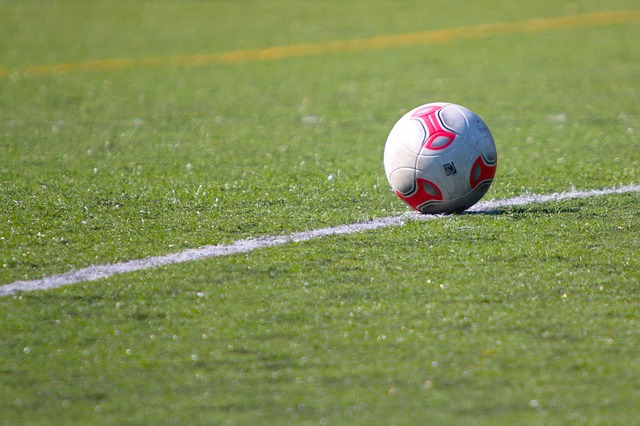
We teach people how to improve the health of the soil by using all-natural volcanic rock dust to grow delicious, nutritious and mineral-rich food. One of our most important audiences is kids. In the past, we’ve written about nutrition education and childhood obesity, as well as the link between school recess and healthier eating.
In this post, we’ll talk about the role of healthy soil in keeping kids (and adults) active and fit through sports and recreation. Think about it: Without healthy soil, we can’t grow the grass on which we play soccer, lacrosse, field hockey, golf and polo. And where would we play ultimate Frisbee, lawn darts, or bocce?
To grow turf that provides good footing and traction, you need to start with healthy soil. Healthy soil is soil that is teeming with bacteria, fungi, algae, nematodes and anthropods. They are the busy biological “athletes” whose main task is to break down organic material and make nutrients available for plants to absorb.
Like naturally talented athletes, these biological microorganisms don’t need synthetic chemicals to perform. In fact, chemically synthesized fertilizers do more harm than good by feeding plants directly without adding anything back to the soil. Without the proper sustenance, soil cannot support healthy soil organisms, support water retention or retain essential soil nutrients. It becomes so compact and hard that it is uncomfortable to play on—and may even increase the chances of injury.
And yet, many of our sports and recreation fields are doused in chemicals year after year. Some of the reasons are cultural, i.e., we expect to see perfectly manicured and emerald green playing fields. Other reasons come down to old habits and the misguided belief that chemicals are less expensive and more reliable than organic alternatives.
But what about the safety and performance of kids who are being exposed to sports turf toxins? The Centers for Disease Control (CDC) found multiple pesticide residues in the bodies of children ages 6-11 at significantly higher levels than all other age categories. Yikes.
The fact is that there are viable alternatives to managing playing fields. One of those alternatives is all-natural rock dust made of volcanic basalt. Compared to other volcanic rocks which are high in quartz, basalt weather relatively quickly which means it breaks down readily in soil. Applying finely ground basalt powder to a playing field is like adding a fresh deposit of natural soil minerals.
Volcanic rock dust begins to release nutrients to turf grass as soon as the roots make contact and additional nutrients become available with ongoing weathering. The result is a steady flow of nutrients over time and an improvement in the overall root structure of turf grass. The stronger the roots, the less chance that weeds have to grow. By building overall soil structure, rock dust can also improve water retention and help prevent compaction.
So what can you do? If your school or park system is still using synthetic chemicals, advocate for organic alternatives. As part of an overall organic regimen, rock dust has been proven to help build lawns and fields that dense, functional – and safe.
###
About Us: Central Oregon Basalt Products mills massive stones from Central Oregon’s legendary Cascade Mountains to produce Cascade Minerals Remineralizing Soil Booster, the highest quality volcanic rock dust available. Because it is not a fertilizer and contains no synthetic chemicals or man-made additives, it is safe to use around your plants, children and pets when used as directed.
